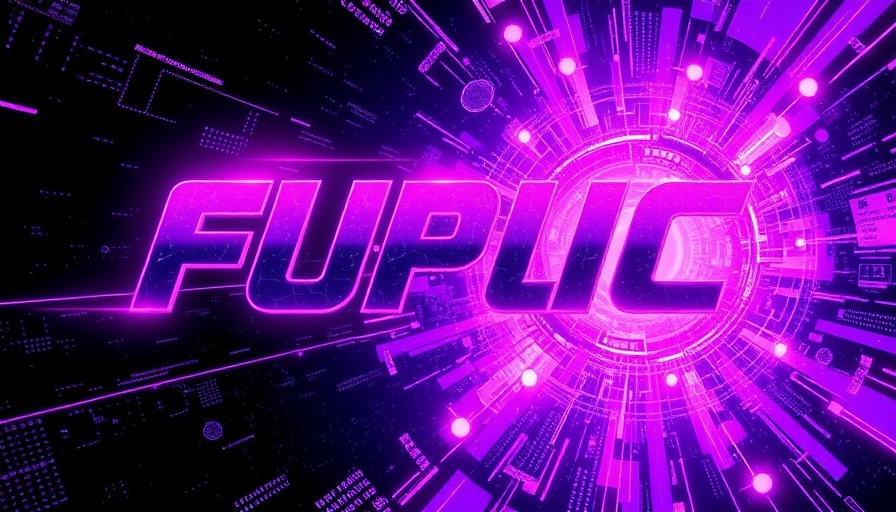
How AI Chatbots Are Redefining Publisher Traffic
Artificial Intelligence (AI), particularly through chatbots like ChatGPT and Google's search tools, poses an unprecedented threat to traditional publishing. Recent data from content licensing platform TollBit reveals a staggering 96% drop in website traffic sent to publishers by AI chatbots compared to conventional search engines. This phenomenon is not just a passing trend; it represents a significant transformation in how audiences consume information and how publishers earn their revenue.
The Rise of Click-Stealing Bots
As these AI chatbots filter queries and deliver succinct answers directly to users, the need for readers to click through to original content diminishes. In 2024, sites across various genres reported an average of two million scraping instances by bots like ChatGPT, with each page being accessed an average of seven times. Toshit Panigrahi, CEO of TollBit, highlighted this as an alarming trend, emphasizing that although bots are eagerly consuming publisher content, they are simultaneously choking off critical ad revenue.
Case Studies: The Impact on Publishers
One stark example of this impact can be seen with Chegg, a marketplace-turned-edtech company. Chegg has alleged in recent lawsuits that Google’s AI algorithms have severely diminished its ad revenue by repurposing its content through AI Overview features, funneling users away from Chegg’s platforms and into Google's ecosystem. According to CEO Nathan Schultz, the losses are so significant that he is contemplating taking Chegg private or seeking acquisition options.
Counterarguments: The Benefits of AI for Publishers
However, not all voices are filled with dread. Some media executives argue that AI could present opportunities for innovation and rediscovery of audience engagement. There are calls within the publishing industry for AI producers to include clearer source attribution, ensuring that traffic could still be directed back to original publishers in some form. A positive outlook suggests that publishers might adapt their business models to work alongside AI, creating tailored experiences to attract readers who crave more in-depth analysis beyond what chatbots provide.
Future Predictions: A Shifting Landscape for Journalism
As AI technology continues to evolve, publishers must adapt rapidly to avoid being sidelined. Predictions suggest that the integration of real-time AI access—as recently enabled for ChatGPT—will only amplify the current challenges. This transition could lead to what some are calling the 'Wikipedia-ization' of information, with traditional news sources losing their value as primary conduits of information.
A Need for Industry-Wide Action
Given the increasingly adversarial environment between AI tools and traditional journalism, many publishers are now organizing collectives and task forces to address this predicament. Conversations around spending and monetization strategies are heating up at industry conferences. The sentiment is clear: a strong, unified approach from the publishing sector may be essential to resist AI's ongoing encroachment.
Conclusion: What Lies Ahead for Publishers?
As publishers adapt to the challenges posed by AI chatbots, understanding the complexities of this relationship is crucial. The future of journalism will likely depend on how effectively media companies can leverage AI while protecting their economic interests. By fostering a more collaborative approach with AI platforms, publishers can find new pathways to not only survive but thrive in this transformed digital landscape.
Now is the time for publishers to engage deeply with these evolving technologies and explore viable strategies to navigate this new frontier. For more insights on how to adapt your digital strategy in this AI-dominated environment, stay tuned for discussions and resources.
 Add Row
Add Row  Add
Add 




 Add Row
Add Row  Add
Add 

Write A Comment